I came into this class as someone who doesn't like Shakespeare. I thought his work was inscrutable and overrated. Shakespeare “borrowed” plots from history and from other works of fiction and when he couldn't think of the right word, he made one up. So, no. I didn't like Shakespeare. Here we go!
About LIT-319
It's about what you'd expect from a 300-level course simply titled “Shakespeare.” There's a lot of reading, a lot of writing, and for a lot of us, a lot of frustration. I think most of what I didn't like comes down to the pacing of the course and the scope of the project.
My instructor was Magi Smith, and I have mixed feelings about her. She'll nitpick, but rarely does the nitpicking result in a loss of points on an assignment. She'll put instructions for milestones in a weekly discussion post—while the rest of us are talking about The Taming of the Shrew, Professor Smith will throw in a thing about the upcoming milestone. She takes a hard line about using quotes from the plays in EVERY assignment, including discussions.
None of that is necessarily bad, but it can be a bit much. On the other hand, Professor Smith is extraordinarily passionate about Shakespeare, is engaging, and genuinely wants students to do the best work they can. I chose Cymbeline for my final project play, and partway into my research I started to think I'd made a bad choice. There isn't much about Cymbeline out there (because not everything Shakespeare wrote is good). I emailed Professor Smith to ask if it would be okay to switch my play to Hamlet. She responded, and I'm paraphrasing: sure, if you want to be like everyone else. Everyone does Hamlet, or Macbeth, or Romeo & Juliet. Try something different.
And I did. I appreciated the push.
The Textbook
There is no textbook! Surprise! Shakespeare's plays are available online, so the course uses The Folger SHAKESPEARE as a sort-of textbook (yeah, I don't know why they capitalize Shakespeare like that. It's super annoying).
The Plays
Students read four plays and an assortment of sonnets in less than eight weeks. It's a breakneck pace and SNHU should cut that number in half and spend twice as long on the remainder. A week to cover a play isn't enough time, and four plays in five weeks are too much. Students are expected to read an entire work of Shakespeare between Monday and Thursday and understand it well enough to write a compelling discussion post about it with proper quotes and citations. Here's the breakdown:
- Assorted sonnets
- Henry V
- The Taming of the Shrew
- Twelfth Night
- No plays, just a draft of the final project
- Hamlet
- No plays, just the final project
- Reflection discussion
Is success possible? Sure. I did it. Got an A on everything. But ask me to name one character other than Henry in Henry V. Go on. Ask me.
I can't. Not just that, but I can't even tell you what the plot is, and I went through that part of the course less than two months ago.
It's like binge-watching a Netflix show. Ten hours in you can't remember what happened in the first episode because you haven't had time to process anything.
The Final Project
The final project was absolutely maddening (Madness! Hey, that's a common Shakespearean theme!). Not for the first time, I'll share with you part of what I wrote to the school in my feedback because it sums up the situation well. Only part, though, because the full feedback ran over 500 words. I was… thorough.
The scope of the final project is all over the place. In a 6–8 page paper, students are expected to write deeply, with scholarly sources, about a literary theme, Shakespeare’s representation of the theme, the theme’s existence in Elizabethan culture (and/or Jacobean culture), the way said culture influenced Shakespeare, the way the culture affected the work being examined, an examination of two modern examples of the theme, how the chosen Shakespearean work relates to two pieces of modern media, how the theme is represented in the chosen Shakespearean works, how it’s represented in other Shakespearean works, why the theme endures, what Shakespeare’s legacy means to contemporary culture, and predictions about Shakespeare's future legacy.
Seriously. Any of those could be an entire book on its own, and I know that because I found those books in my research. The requirements for this paper are confusing, jumbled, and overreaching. They demand the student cram 400 years of history (and don’t forget predictions for the future!) into 6–8 pages.
I got an ‘A’ on the paper. I’m not complaining about a bad grade. What bothers me is that I’m not proud of the paper that I wrote. I think it’s unnecessarily complicated, it doesn’t flow well, and it gives only a cursory look (masquerading as depth) of far, far too many prompts.
The good news is that there are plenty of milestones and ample opportunities to ask questions of the instructor.
Advice for Students Registering for LIT-319 at SNHU
- All the rubrics ask for the Elizabethan context of Shakespeare's plays. A full third of his stuff was written in the Jacobean era (including King Lear, Macbeth, and my final project play, Cymbeline. There is no Elizabethan context, and you'll have to dance around that. Check out my final project paper to see how I did it.
- The Hamlet presentation in week six? Don’t overthink it. It seems like a big deal, being 10% of the final grade, but the assignment itself is small in scope. Eight slides, a few pictures, a few quotes, a few sentences to explain your points.
- If you struggle with Shakespearean language (and that's almost everyone), don't set out to read an entire play every week. Start by reading a synopsis of the play. Then, read the prompts for the discussion and conduct some outside research. Use that research to comment on relevant sections of the play.
- In my experience, people who are into Shakespeare—enough to want to teach it at the college level—are really into Shakespeare. Pick your favorite author, or musical artist, or celebrity. Amplify that feeling by ten, and you'll still be an order of magnitude short of how Shakespeare fans feel about Shakespeare. Go with the flow. It's an eight-week course. Just go with the flow.
In the End
I still don't like Shakespeare. Sorry, Professor.
Final Grade: A (99.5%)
Next week I'll post the final recap for a while, ENG-329: Fiction Writing Workshop. I'm caught up to the present, so the ENG-349 recap will come on August 28, after I've finished the course. It's great, so far!


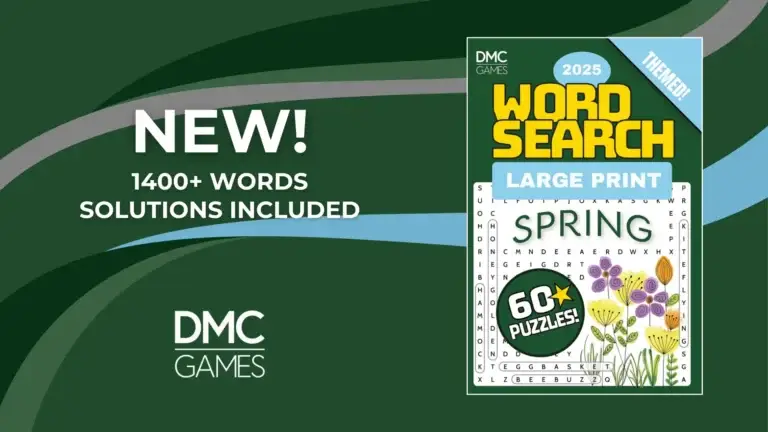
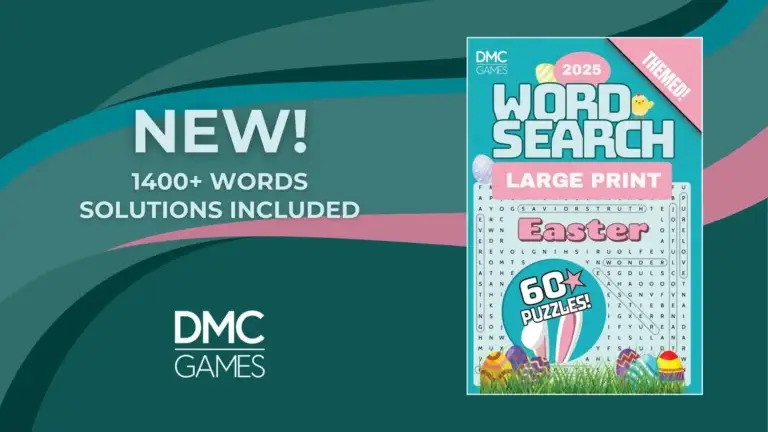





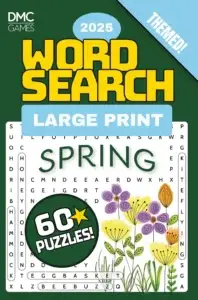

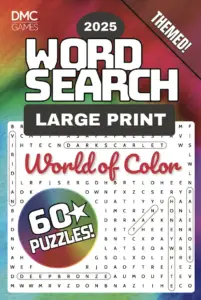

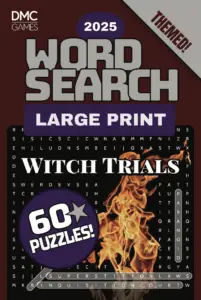










2 Responses
Thank you for writing this up! I’m a transfer student and might be diving right into this as my first class at SNHU. This gave me a bit of an idea as to the scope of the class. Looks like I’ll be reading a lot more of your blog in the coming days.
Thanks, Alex! Best of luck with your upcoming SNHU experience. I hope you enjoy it as much as I did.